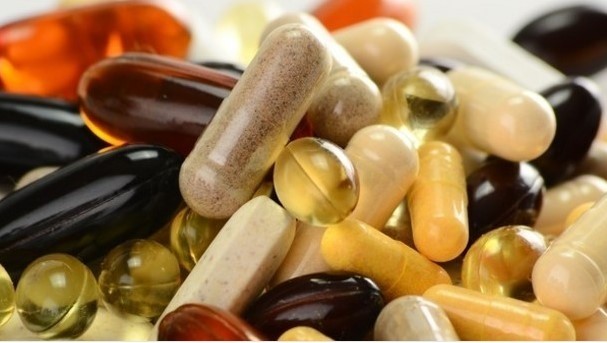Food agency takes issue with ‘superfood,’ ‘purification" & ‘detoxification’ labelled plant supplements

The investigation looks at 61 products available on the Austrian market and finds one sample unsuitable for human consumption with labelling violations the main reason for 24 samples deemed unacceptable.
“The term “superfood” is usually used to describe exotic foods that are said to have a particularly high nutritional content or additional health benefits,” the agency states.
“According to the current state of research, the theses of "purification" and "detoxification" in food supplements do not stand up to any scientific consideration.”
AGES and BMSGPK
In cooperation with the Federal Ministry for Social Affairs, Health, Care and Consumer Protection (BMSGPK), the report, highlights a sample of turmeric root powder (Curcuma longa L.), which the agency says was “not safe or unsuitable for human consumption”.
Further tests revealed that the product’s curcumin content exceeded the Acceptable Daily Intake (ADI) set by the European Food and Safety Authority (EFSA).
Commenting on the claims made on some of the tested products, the investigators wrote that, “the use of the claims “superfood” and “detox,” barely meets the requirements of food law.
“On one hand a "clear and easily understandable," declaration is required. On the other, comprehensive knowledge of the EC claims regulation is also essential and must be followed.
“This is why compared to other product groups, these products result in high complaint rates regarding the relevant labelling requirements.”
Laws followed
The report highlights the relevant legislation on which the assessment was based, which includes the Food Safety and Consumer Protection Act - LMSVG, Federal Law Gazette I No. 13/2006 and Food Information Regulation (EU) No. 1169/2011.
Other laws taken into account includes Lot Identification Ordinance BGBl II No. 230/2014, Food Supplements Ordinance BGBl II No. 88/2004 (composition), Regulation on ecological / biological production (EC) No. 834/2007 (labelling voltage) and Regulation on nutrition and health claims (EC) No. 1924/2006.
The report appears to back up findings from a similar study, also conducted by the agency back in July 2019, in which active pharmaceutical ingredients were found in a sample of dietary supplements and cosmetic products.
Samples taken from the 31 product samples selected included seven nutritional supplement products that had previously been received complaints from consumers.
AGES and other food agencies found one sample considered unsuitable for human consumption that contained a daily 10 milligram (mg) dose of the cholesterol-lowering ingredient monacolin.
This dietary supplement did not contain any German warnings. Another sample contained an illegal doping substance flagged up on the National Anti-Doping Agency (NADA) list.















